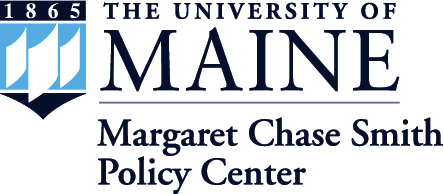Abstract
This paper applies the emerging concept of ‘relational values’ – values people hold toward their relationships with nature and with each other – and brings attention to the role of community science in enhancing relational ecosystem values. We feature Gouldsboro Shore, Gulf of Maine Research Institute’s (GMRI) coastal flood monitoring, and river herring monitoring and restoration efforts as focal examples. Gouldsboro Shore activates community volunteers and high school students to support the management and resilience of their clam fishery in Gouldsboro, ME. GMRI’s flood monitoring provides a platform for coastal residents to report, monitor, and map coastal flooding in participating municipalities. In multiple towns, biologists and community members have worked together to restore aquatic habitat and connectivity to support river herring populations while also deepening their connection to their local ecosystems. In each case, community science contributed to enhancing both people-nature and people-people relationships in the community to overcome coastal ecosystem challenges. Coastal decision-makers need to move beyond the antiquated Millennium Ecosystem Assessment framework to recognize a wider set of values that people hold towards coastal and marine natural environments. Community science programs have the potential to foster relational values and activate sustainability-aligned values into action to overcome ecosystem and other societal challenges.
First page
231
Last page
238
Rights and Access Note
This Item is protected by copyright and/or related rights. You are free to use this Item in any way that is permitted by the copyright and related rights legislation that applies to your use. In addition, no permission is required from the rights-holder(s) for non-commercial uses. For other uses you need to obtain permission from the rights-holder(s).
DOI
https://doi.org/10.53558/XIQV3905
Recommended Citation
Tokunaga, Kanae, Pauline Angione, Bill Zoellick, Gayle Bowness, Sheba Brown, Claire Enterline, Sarah L. Kirn, Abigail Long, Stephanie Sun, and Aaron Whitman. "Community Science’s Contributions to Fostering Relational Values to Overcome Coastal Ecosystems Challenges." Maine Policy Review 32.2 (2023) : 231 -238, https://digitalcommons.library.umaine.edu/mpr/vol32/iss2/42.
Creative Commons License

This work is licensed under a Creative Commons Attribution-NonCommercial-No Derivative Works 4.0 International License.
